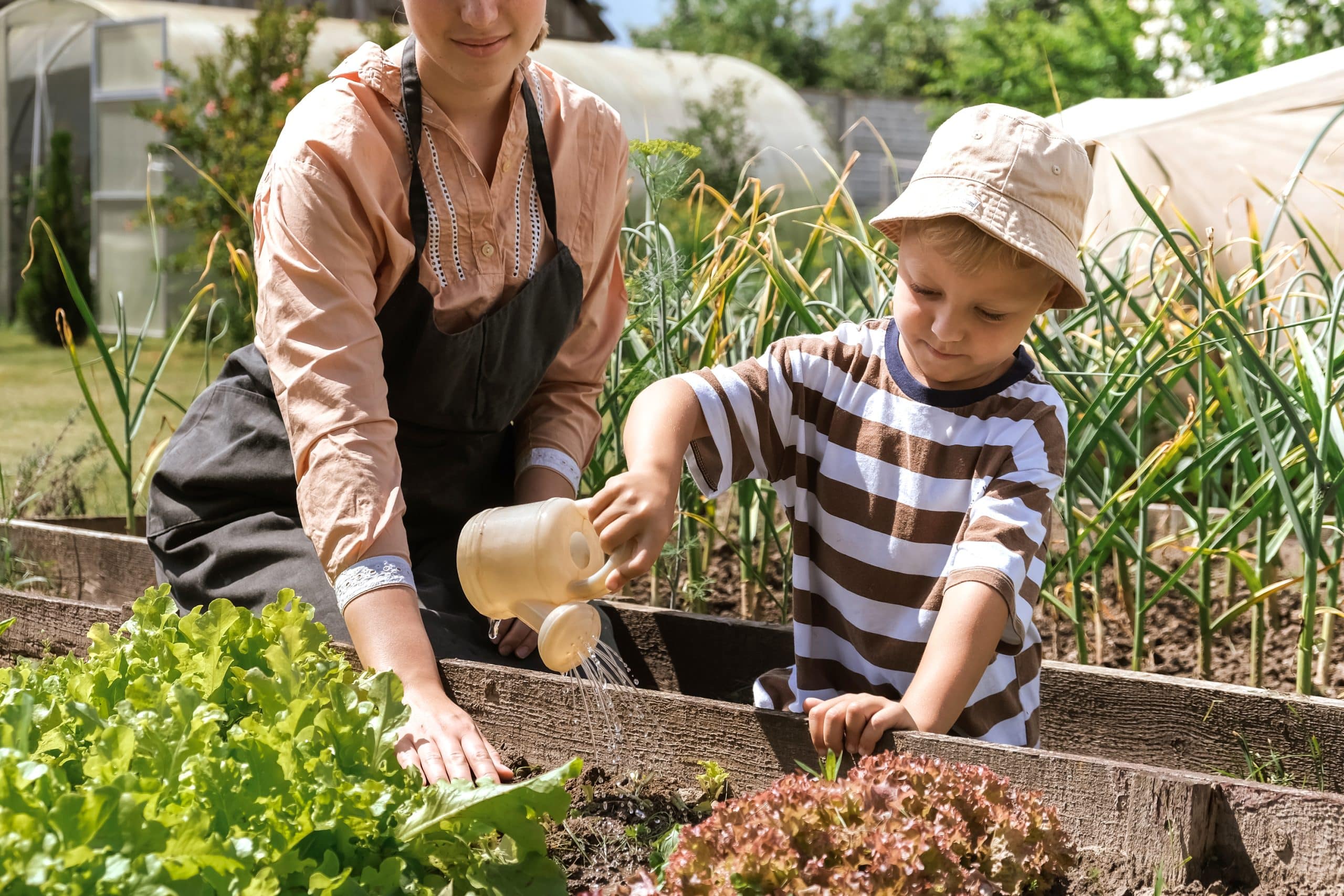How to Cultivate a Community Garden for Food Security and Social Well-being?

Community gardens are not simply about growing food. They are also about cultivating an urban community, fostering social well-being, and promoting a healthier lifestyle. When you engage in community gardening, you’re part of a movement that strengthens local neighborhoods, provides access to nutritious food, and offers a wealth of benefits for all involved. In this article, we will explore the importance of community gardens and delve into how to cultivate one successfully, drawing on studies mainly from Google Scholar and Pubmed.
The Importance of Community Gardens
Before you delve into how to cultivate community gardens, it’s essential to understand the importance of these green spaces. Community gardens provide a shared space where locals can grow their own food, contributing to food security. According to a study in the Journal of Agriculture, Food Systems, and Community Development, this local food production can also help to decrease the reliance on transported food, therefore reducing the carbon footprint of our food consumption.
A lire en complément : How Can Companion Robots Provide Emotional Support for the Elderly?
Community gardens are not only important for food production but also for promoting health and social well-being. Studies from Pubmed show that gardening can offer physical health benefits, such as promoting physical activity and providing access to nutritious food. Moreover, community gardens also foster mental health by offering a peaceful, green sanctuary within urban environments. They also serve as a social hub, bringing together diverse individuals who might not otherwise interact, thus building a sense of community and social cohesion.
Choosing the Right Location for your Community Garden
When considering where to establish a community garden, there are several factors that you should consider. First and foremost, the location needs to be accessible to the local community. It should be within walking distance for most people and ideally located near public transportation.
Sujet a lire : Discover the secrets inside your hemp mystery box today!
A study found on Google Scholar emphasizes the importance of soil quality in gardening. It’s crucial to have your soil tested for potential contaminants before starting your garden. This is especially important in urban areas where industrial activities might have left harmful chemicals in the soil.
Lastly, consider the sunlight exposure of your chosen location. Most vegetable crops need at least 6 hours of sun per day to thrive.
Cultivating the Garden: A Collaborative Effort
Once you’ve chosen the right location for your garden, it’s time to start cultivating it. Gardeners should work together to prepare the soil, plant the seeds, and maintain the garden. This collaborative effort is not only beneficial for food production but also for fostering a sense of community among gardeners.
Google Scholar offers numerous articles on effective gardening techniques, from crop rotation to organic pest control. Learning about these techniques can help ensure a productive garden.
Having regular meetings with garden members is also essential in maintaining a successful community garden. These meetings can serve as an avenue to discuss garden-related issues, plan for future seasons, and simply bond with the other gardeners.
Ensuring Food Security Through Community Gardens
Cultivating a successful community garden can significantly contribute to local food security. A study found in Pubmed underscores this point, showing that community gardeners often have better access to fresh, nutritious food compared to non-gardeners.
To maximize the contribution of your garden to food security, consider growing a variety of crops, including vegetables, fruits, herbs, and even edible flowers. This diversity not only provides a wider range of nutrients but also makes the garden more resilient to pests and diseases.
In addition, consider sharing the surplus produce with those in need in your community. Not only does this help address food insecurity, but it also fosters a sense of community and mutual support.
Promoting Social Well-being Through Community Gardens
Aside from food security, community gardens are also vital for promoting social well-being within neighborhoods. They serve as a venue for community interaction, fostering relationships among diverse individuals.
Studies in Social Science & Medicine and the American Journal of Public Health, both available on Google Scholar, show that community gardening can help reduce stress, improve mood, and promote a sense of belonging among participants.
In cultivating a community garden, consider organizing social events, like harvest festivals or garden tours, to further foster community interaction. Providing educational opportunities, such as workshops on gardening or food preservation, can also be beneficial.
Remember, community gardens are not just about food—they are also about people. By cultivating a community garden, you are cultivating a healthier, more vibrant community. So go ahead, dig in, and watch as your garden—and your community—flourishes.
Harnessing the Power of Urban Agriculture
Urban agriculture is becoming an integral part of urban life, and community gardens are at the forefront of this movement. Establishing a community garden allows local residents to grow their own food, thereby contributing significantly to food security. Moreover, community gardens are not just about producing food. They also provide a platform for physical activity, promoting health and well-being among community members.
A systematic review found on Google Scholar suggests that community gardens can help combat obesity and other lifestyle-related diseases by encouraging physical activity and access to fresh fruits and vegetables. Furthermore, gardening can also provide a therapeutic outlet, offering mental health benefits. The peaceful, green sanctuaries that community gardens often represent can serve as a natural antidote to the hustle and bustle of urban life.
Community gardens are more than just a place to grow food—they are also a place to grow community. Through the act of gardening together, community members can form social connections with their neighbors, fostering a sense of community cohesion. In an increasingly disconnected world, community gardens can act as a space where people come together, bridging the gap between different generations, cultures, and socioeconomic groups.
Conclusion: Planting Seeds for a Better Future
Community gardens have the power to transform neighborhoods, creating healthier, more vibrant communities. This article highlighted the many benefits community gardens offer, from enhancing food security to promoting social well-being.
Drawing from multiple studies, mainly from Google Scholar and Pubmed, we delved into the importance of community gardens and how to cultivate one successfully. We discussed the crucial role of community gardens in urban agriculture, providing access to fresh fruits and vegetables and encouraging physical activity. We also emphasized the essential social function of these gardens, fostering community cohesion and mental health.
The process of establishing and maintaining a community garden requires a shared effort and commitment. It involves not only the physical task of gardening but also regular meetings and social events to foster community spirit. However, the rewards—from access to nutritious food to improved public health and social well-being—are well worth the effort.
As more and more people embrace community gardening, we see a future where community gardens become an integral part of urban life. So, let’s continue to cultivate our gardens and communities! Together, we can sow the seeds for a healthier, more sustainable future, where everyone has access to fresh, nutritious food and a vibrant community life. After all, community gardens are not just about growing plants; they are about cultivating hope and resilience—blossoming into spaces that nourish both the body and the soul.
